SUPPORT & DISCUSSION GROUPS
NAMI support groups are peer-led and offer participants an opportunity to share their experiences and gain support from other attendees.
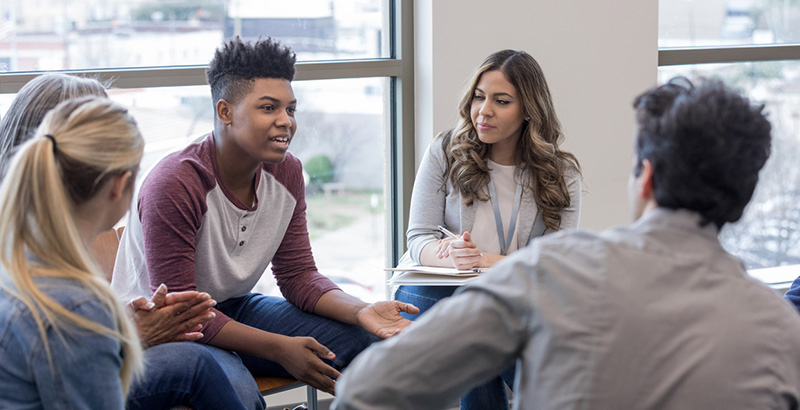
NAMI Family Support Group for Loved One
NAMI Family Support Group is a peer-led support group for adults who have a loved one who has experienced symptoms of a mental health condition. See dates for our NAMI Family Support Groups here.
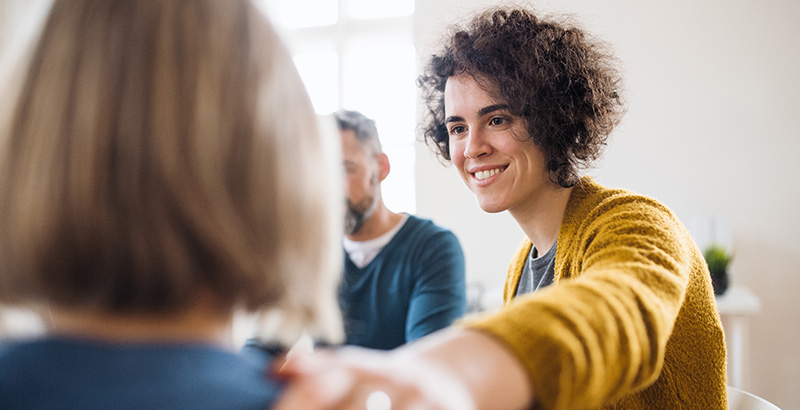
NAMI Connection Recovery Group for Peers
NAMI Connection Recovery Support Group is a free, peer-led support group for adults who have experienced symptoms of any mental health condition. See dates for our NAMI Connection Recovery Support Groups here.
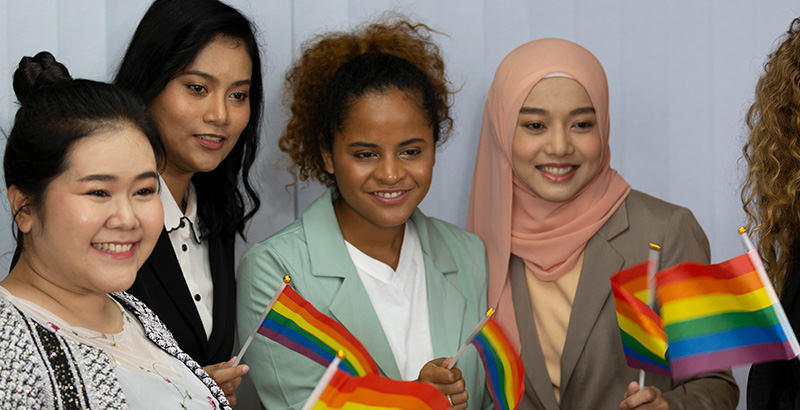
LGBTQ+ & Young Adult Discussion Group
NAMI LGBTQ+ and Young Adult discussion groups are free, peer-led support groups for adults (18+) in the LGBTQAI+ community who have mental health conditions, providing a safe space to share experiences and find community.
For more information contact Jenny Graham at Jgraham@namide.org

Sharing Hope: Community Conversations
The discussion group is on hold presently. If you would like to volunteer as a facilitator please contact Jenny Graham at Jgraham@namide.org
CLASSES
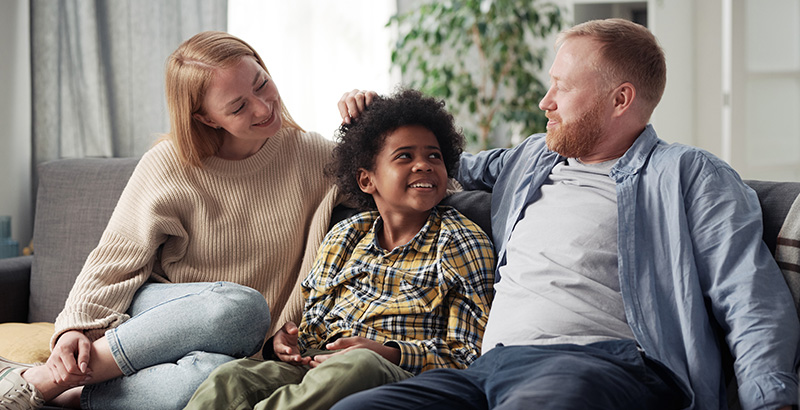
NAMI Basics
NAMI Basics is a six-session education program for parents, caregivers and other family who provide care for youth (ages 22 and younger) who are experiencing mental health symptoms. This program is free; 99% of participants say they would recommend the program. NAMI Basics is available online.

NAMI Family-to-Family
NAMI Family-to-Family is a free, eight-session educational program for family, significant others and friends of people with mental health conditions.

NAMI Smarts for Advocacy
NAMI Smarts for Advocacy is a hands-on advocacy training program that helps people living with mental illness, friends and family transform their passion and lived experience into skillful grassroots advocacy. It can be given as a series of three 1-2 hour sessions or as a full-day training.
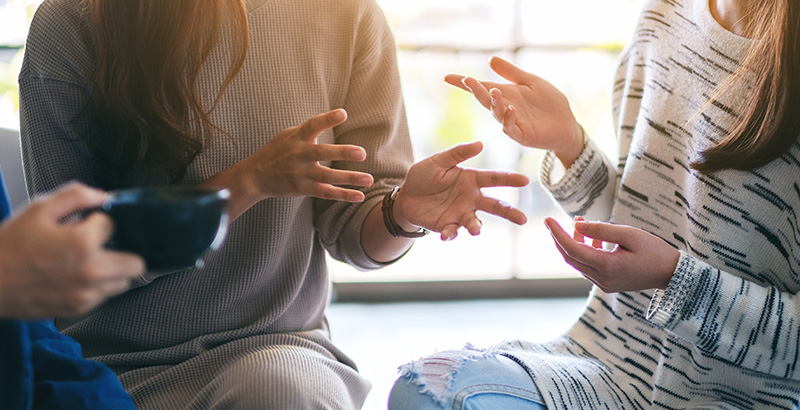
Hope for Recovery
Hope for Recovery is a free interactive workshop that provides families and individuals with information, hope and practical strategies for living with the complexities of mental illness. It can be given as a series of 1-3 hour modules or as one full day training.
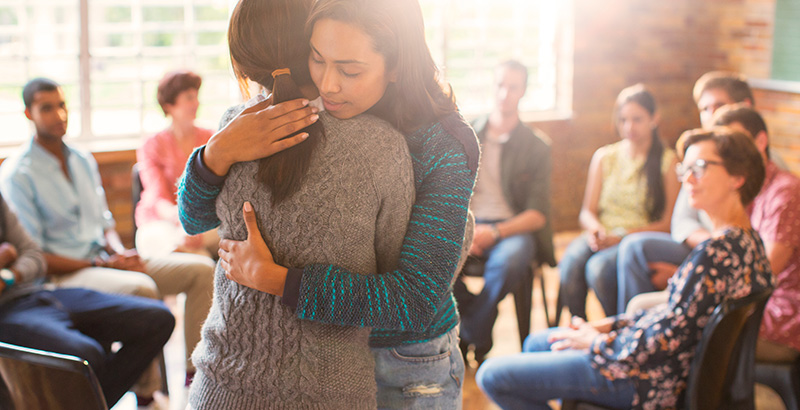
Mental Health First Aid
Mental Health First Aid for Adults teaches people how to recognize signs of mental health or substance use challenges in adults ages 18 and older, how to offer and provide initial help, and how to guide a person toward appropriate care if necessary. This is six-hour virtual course with two hours worth of pre-work.
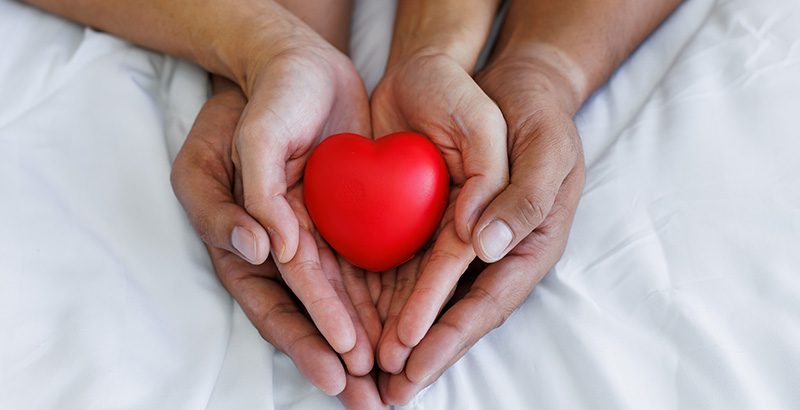
Youth Mental Health First Aid
Youth Mental Health First Aid is designed to teach parents, family members, caregivers, teachers, school staff, peers, neighbors, health and human services workers, and other caring citizens how to help an adolescent (age 12-18) who is experiencing a mental health or addictions challenge or is in crisis. This is a virtual 4.5-hour course with two hours of pre-work.
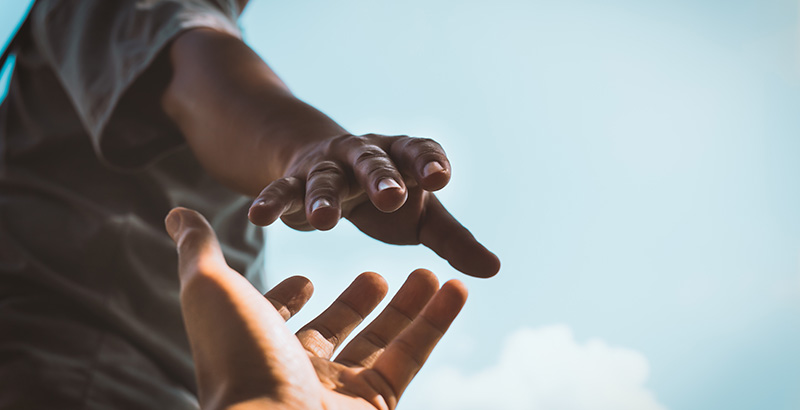
QPR Gatekeeper Suicide Prevention
QPR Gatekeeper Training is a one-hour virtual training meant to guide participants on how to recognize an individual who may be in a suicide crisis and how to guide them to proper treatment/services. QPR stands for Question, Persuade and Refer to help you remember the three easy steps to help a person who may be suicidal. Thanks to a state funded grant, NAMI Delaware is able to offer this training at no cost to participants.
PRESENTATIONS
NAMI Delaware offers customized presentations to meet needs of specific audiences; topics include self-care, mental health awareness, crisis response and more. See a few option here.
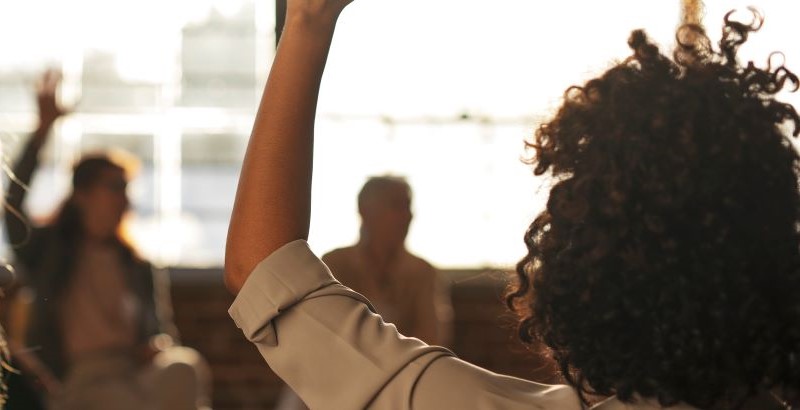
NAMI In Our Own Voice
NAMI In Our Own Voice presentations change attitudes, assumptions and ideas about people with mental health conditions. These free, 40-, 60- or 90-minute presentations provide a personal perspective of mental health conditions, as leaders with lived experience talk openly about what it’s like to have a mental health condition.
This presentation provides:
- An opportunity to hear open and honest perspectives on a highly misunderstood topic
- A chance to ask leaders questions, allowing for a deeper understanding of mental health conditions and dispelling of stereotypes and misconceptions
- The understanding that people with mental health conditions have lives enriched by hopes, dreams and goals
- Information on how to learn more about mental health and get involved with the mental health community
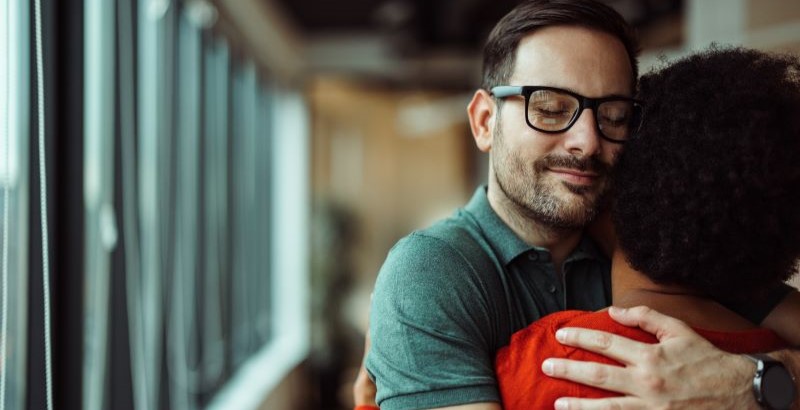
NAMI Family & Friends
NAMI Family & Friends is a free 90-minute or four-hour seminar that informs people who have loved ones with a mental health condition how to best support them. It’s also an opportunity to meet other people in similar situations and gain community support.
The seminar is led by trained people with lived experience of supporting a family member with a mental health condition.
They will walk you through the following topics:
- Understanding diagnoses, treatment and recovery
- Effective communication strategies
- The importance of self-care
- Crisis preparation strategies
- NAMI and community resources
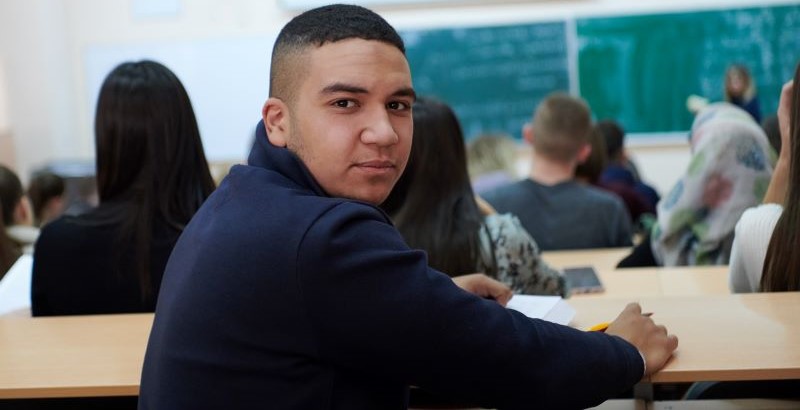
NAMI Ending the Silence
NAMI Ending the Silence is an engaging presentation that helps middle and high school aged youth learn about the warning signs of mental health conditions and what steps to take if you or a loved one are showing symptoms of a mental health condition.
Students can:
- Learn about mental health conditions through a brief presentation, short videos, and personal testimony from a young adult who describes their journey to recovery.
- Understand warning signs, facts and statistics and how to get help for themselves or a friend.
- Ask questions and gain understanding of an often-misunderstood topic. Through dialogue, we can help grow the movement to end stigma.
SUPPORT
For information about online registrations, education program questions, support groups for peers and family members, or NAMI on Campus, contact Jenny Graham: jgraham@namide.org
For information about CIT scheduling or internships, contact Wes Ingram: wingram@namide.org
For information about volunteering or community outreach/tabling events, contact Kay-Dean Hayden:
khayden@namide.org

